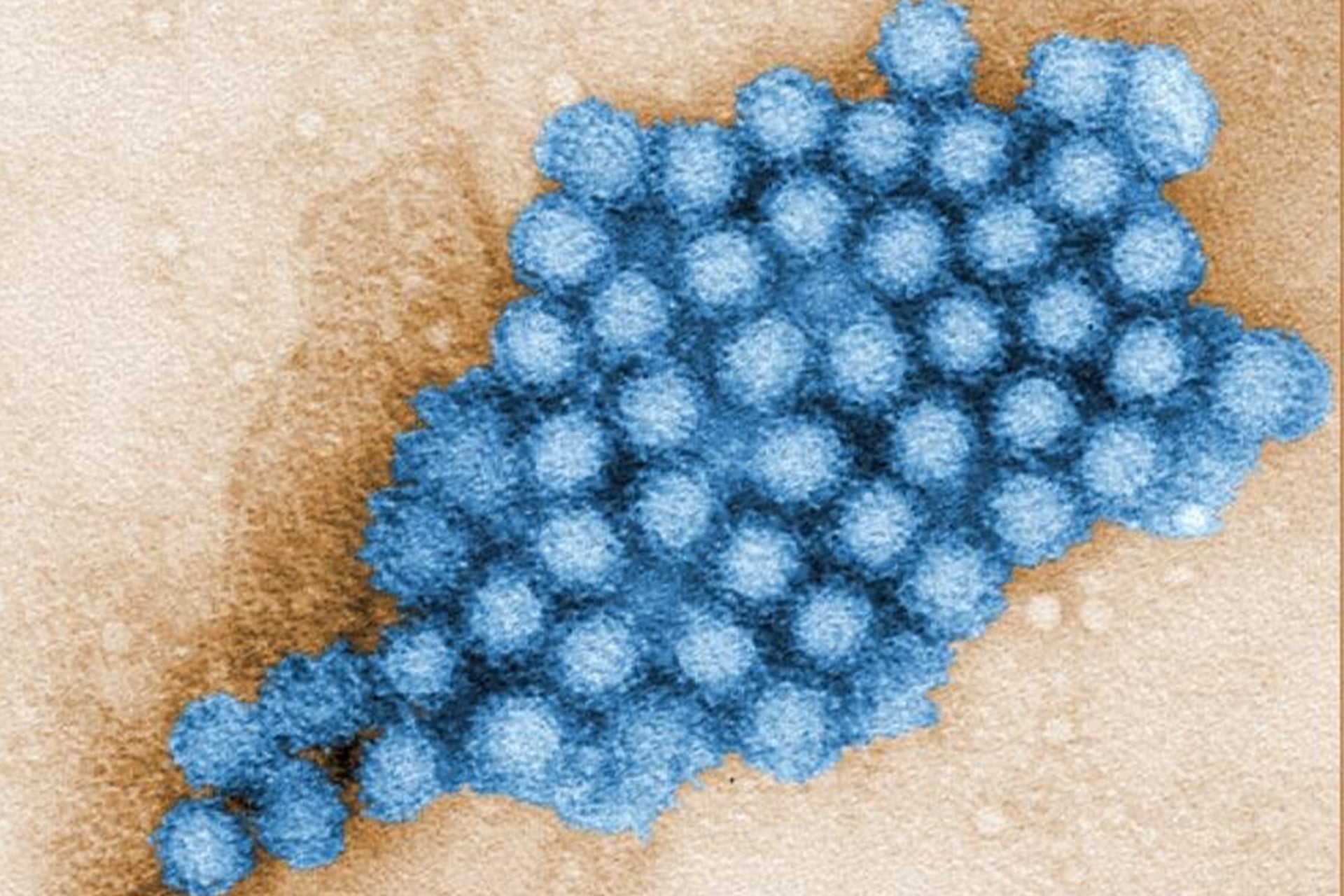News: Research
Read the latest news from the College of Natural Sciences at The University of Texas at Austin
Big Brains and Big Ranges Might Not Save Birds from Climate Change
Global bird sightings from citizen scientists and a view into “climate niches” reveal unexpected risks for some birds.

Genetic Match Between Mother and Child Reduces “Obstetrical Dilemma”
A common idea in evolutionary biology comes under new scrutiny with help from a big medical dataset and AI.

Cockrell School of Engineering
New Research Boosts Future Whooping Cough Vaccines
Molecular biosciences faculty contributed to advances that could lead to more effective, longer lasting vaccines.

UT Biodiversity Center
Prickly Pear Cactus Moth Invasion Expands in Texas
Researchers have a key update on work to fight invasive moths capable of decimating native Texas prickly pear.

Researchers Achieve Quantum Computing Milestone, Realizing Certified Randomness
A team including Scott Aaronson demonstrated what may be the first practical application of quantum computers to a real world problem.

Texas Connect
Turtle pond serves as living lab for student researchers
Justin Havird is leading students in a research project on the ecology and evolution of UT Austin's beloved turtles.

New Chemical Discovery Could Make Medicine and Manufacturing More Sustainable
A research team has developed a more efficient way to build molecules using green chemistry.

McDonald Observatory
UT Astronomer Peers Deeper into Mysterious Flame Nebula
Postdoctoral researcher Matthew De Furio led the research that found the smallest brown dwarfs in the nebula.

Research Identifies Key Antibodies for Development of Broadly Protective Norovirus Vaccine
Discovery brings us one step closer to vaccine and treatment for prevalent virus.

Improved Brain Decoder Holds Promise for Communication in People With Aphasia
Restoring some language for aphasia sufferers, like Bruce Willis and a million other Americans, could involve AI.

